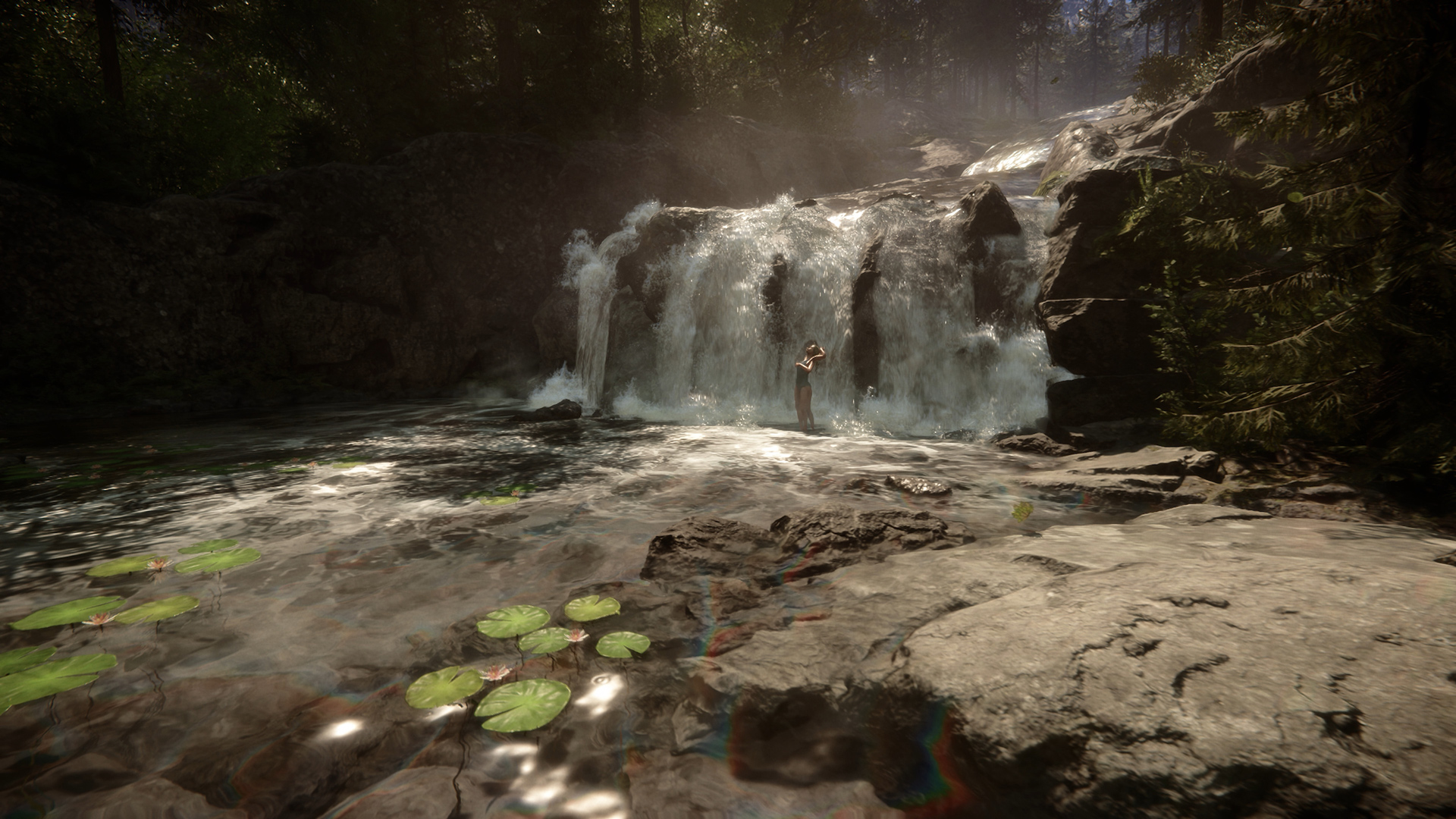The video game industry is still recovering from the global pandemic. Even as restrictions now ease around the world, a combination of disrupted work patterns imposed by lockdown and quarantine measures, and the physical and mental toll developers have suffered in recent years has led to failure many games face delays. Endnight Games’ Sons of the Forest, for example, was originally slated for release in May 2022, before being pushed back to February 23 this year, and while it’s still on track to achieve that goal, the exclusive title at PC sees it now It will be through the Steam Early Access Initiative.
In most cases, game lags are for the best. If a studio needs a little more time to smooth out the edges of a project they’ve put years of work into, how can we regret it, especially when the payoff is for us as paying customers at the opposite? With more time in the oven, more often than not, we get a better whole. But the question is, if early access is an option for some games, is that a better route in 2023 to avoid delaying games multiple times?
In the case of Sons of the Forest, developer Endnight Games knows what it’s doing. Its first game, 2014’s The Forest, spent four years in Steam’s early access program before releasing on PC and PS4. It has spent the intervening period being hacked, modified and manipulated at the behest of its active community, a process that has seen its concurrent player count rise from 6,000 players on day one in April 2018 to a record 75,000 in October. from last year. The Forest, in many ways, epitomized the early access boom that defined PC gaming in the 2010s, so turning to a familiar pattern to dodge another sequel delay actually makes a lot of sense for Endnight.
However, given the unprecedented circumstances that developers have faced in recent years, is this an area that other companies should explore with a view to releasing their games sooner without risking backlash against unfinished products? Many early access success stories over the past decade have been told by young independents creating games with their communities; or larger studies with clearly defined additional objectives projected over a longer period of time. The term “roadmap” was hardly used in the context of game development, yet it’s now commonplace in the indie and live-service games that dominate the modern landscape, popularized in part by Kickstarter and of course the framework.
“The term ‘roadmap’ was hardly used in the context of game development, yet it’s now commonplace in the indie and live-action games that dominate the modern landscape.”
Ubisoft’s open-world Avatar adventure, Avatar: Frontiers of Pandora, is surely a game made for Early Access, especially since it was set to launch alongside the cinematic sequel, Avatar: The Way of Water, last December. This is not the case, and this year is now expected with another slide until 2024 not beyond the limits of the possible. Sega’s Company of Heroes 3 is another long-awaited game that would also fit the mold with its extensive multi-mission campaign and online multiplayer design in mind. Given the difficulties that GSC Game World has had to face lately, due to the pandemic, but also the Russian-Ukrainian war which forced the studio to relocate to the Czech Republic, perhaps early access would have helped developers stabilize in the face of adversity while making Stalker 2: Heart of Chernobyl. And with the besieged Skull and Bones of Ubi, maybe just to show us something tangible at this point is better than countless setbacks.
The likes of Zelda: Tears of the Kingdom, Starfield, Redfall and Hogwarts Legacy – all of these projects are big enough to hold the weight of expectations from excited and often impatient gamers. But using the latter as an example, if some key parts of this game’s magical world aren’t quite cooked yet, perhaps an Early Access release would have helped smooth out those imperfections over time, a la Dreamlight. Disney’s Valley. For more contained games, like Rocksteady’s Suicide Squad: Kill the Justice League, or ambitious creative projects like Oxenfree 2, delays probably make more sense, while Kerbal Space Program 2 clearly understands what contributed to the success of the first game. . , and it’s going back to Early Access nicely for its sequel.
All of this makes Endnight Games’ move into Early Access over the last hour or so quite unique. Sons of the Forest builds on the success of its predecessor and in doing so already has the support of millions of players before hitting a cannibal ball/skull. Which is, of course, a great position. In this case, sticking to the plan and launching completely in late February would have worked. But going back to Early Access to avoid upsetting those fans a second time this side of the release, I think Endnight played a big role. After so many delays over the past three years, I wouldn’t be surprised if others followed suit.

